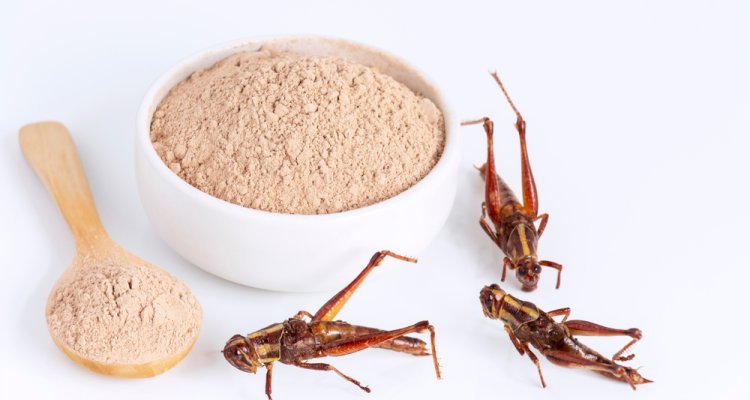
Project
Bioavailability of iron and zinc from edible insects
The global human population is growing rapidly and is expected to reach 9 billion individuals by 2050, requiring an increase of the global food production of 70 per cent to guarantee food security. Increasing the production of livestock is seriously constrained by the agricultural land available and will aggravate climate-change.
The ecological footprint of the production of insects is much smaller than for the production of conventional meat: insects have a higher feed-to-body-mass conversion factor than most livestock species, thus requiring less feed to produce one unit of edible protein, and insects produce substantially lower amounts of greenhouse gases per unit of edible protein produced. Therefore, insects receive increasing attention for their potential to alleviate the projected protein shortage by 2050.
Aim of the project
So far, little attention has been paid to an additional important benefit of insects as food, i.e. their high levels of minerals such as iron and zinc. In collaboration with colleagues from the WU Plant Sciences group, Laboratory of Entomology and ETH Zürich, we have started up studies to assess the absorption of iron and zinc from edible insects, and to evaluate the potential of edible insects to improve iron and zinc status.
The project is funded by the Wellcome Trust as a pilot project within the strategic priority platform Our Planet Our Health.